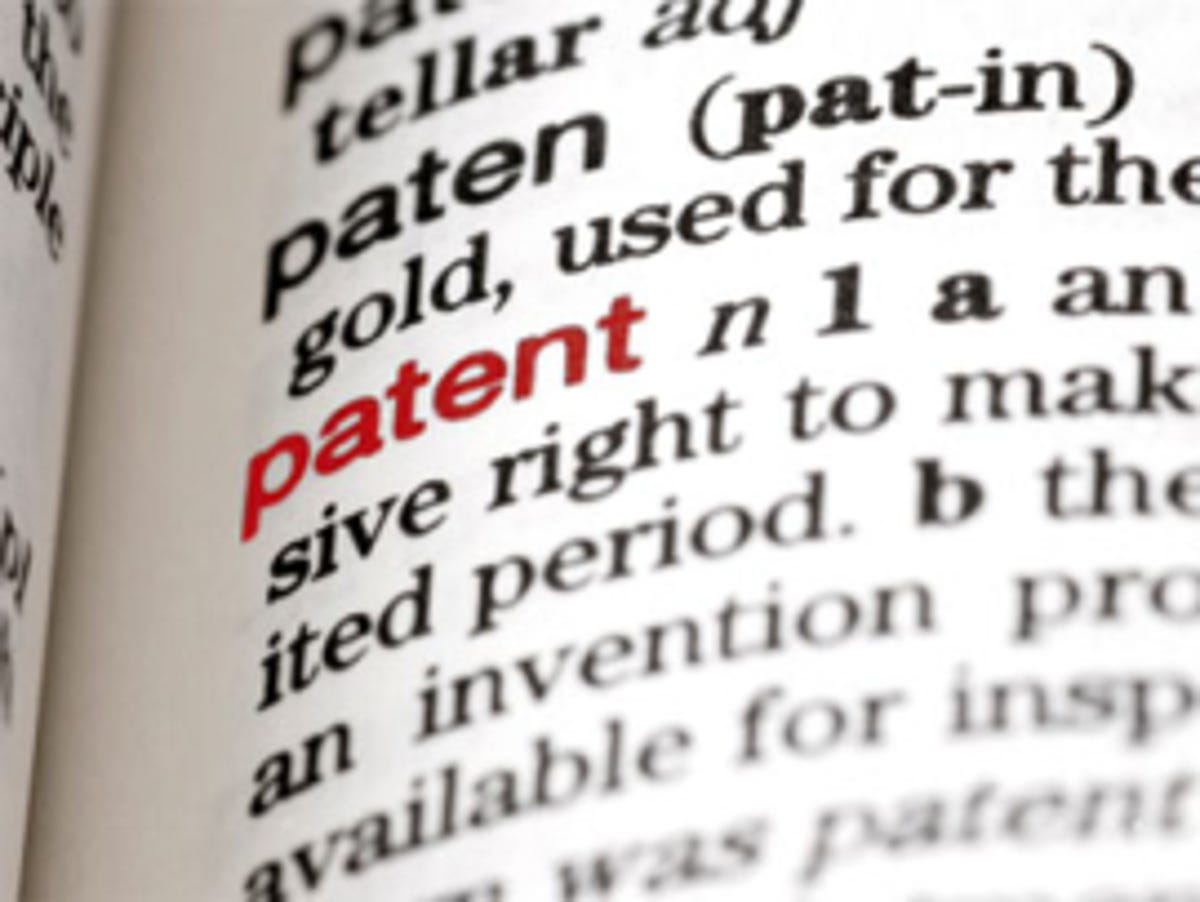
Just a couple weeks after a bitter patent loss, Apple can add one to the win column.
A federal jury on Monday evening ruled that Apple did not infringe five wireless technology patents owned by Core Wireless Licensing, according to Reuters.
Core Wireless sued Apple in 2012, alleging that the company violated over a dozen wireless technology patents. As the case wore on, Core Wireless peeled back its infringement claims to five patents that focused on 2G, 3G and 4G communication protocols used in Apple iPhones and iPads.
The lawsuit was just the latest in a string of suits filed against Apple. Over the last several years, a range of major companies, like Samsung, and patent owners, like Core Wireless, have taken Apple to court over patent claims. Many of those cases have centered on Apple’s mobile devices, the iPhone and iPad, but they have run the gamut of Apple products. Apple, of course, has doled out its fair share of patent lawsuits against competitors, including Samsung.
Core Wireless Licensing is a subsidiary of Conversant Intellectual Property Management. The companies own and acquire patents and generate revenue on licensing. When applicable, they target companies via lawsuits, arguing that the products violate their patents. In some cases, companies simply pay a royalty. In this case, Apple fought it.
Industry-watchers continually debate the nature of patent-infringement lawsuits. While the companies behind them say that they’re simply protecting their intellectual property, critics say the lawsuits are an attempt to make money on the success of others. In the vast majority of cases, patent-infringement lawsuits attempt to place a royalty on devices sold that may have violated patents.
According to the Conversant website, the company owns patents across memory, networking, wireless, semiconductors and automotive, among other industries. The company’s site says its services are limited to “patent acquisitions and sales” and “patent partnerships.”
The patents in question were previously held by Nokia. Conversant acquired the patents — part of a total of 2,000 patents — in 2011. At that time, Conversant agreed to allow Microsoft to hold a co-license on the patents and give two-thirds of any revenue generated from them back to Microsoft and Nokia. A Microsoft spokesman confirmed to CNET that “Microsoft no longer has a financial stake in Core Wireless,” which means it wouldn’t have stood to gain from the lawsuit. It’s unclear whether a win against Apple would have meant Nokia would have received some part of the money.
Nokia did not immediately respond to a request for comment.
According to court documents obtained by Reuters, Core Wireless was seeking $100 million in damages from Apple. The iPhone maker, meanwhile, argued that it should only be forced to pay under $1 million, if anything at all. The jury agreed with Apple.
That a jury found in Apple’s favor this time around might dull the sting the company got last month when a federal jury in Texas ordered it to pay $533 million to patent-licensing firm Smartflash. Apple was found to have infringed three patents owned by Smartflash.
Later that week, Ericsson filed two complaints with the US international Trade Commission and seven lawsuits in Texas, alleging the iPhone maker is infringing 41 patents it holds related to wireless technology.
Neither Apple nor Core Wireless immediately responded to a request for comment.
Update, 10:06 a.m. PT: Adds Microsoft’s statement.



